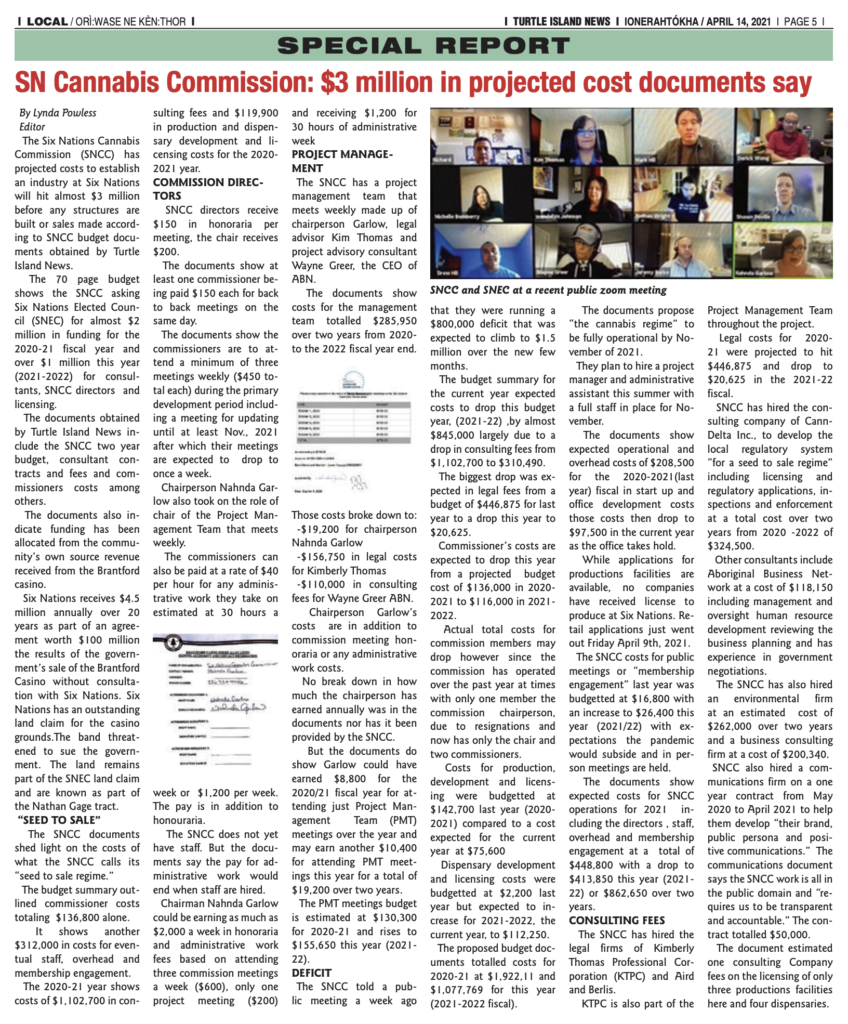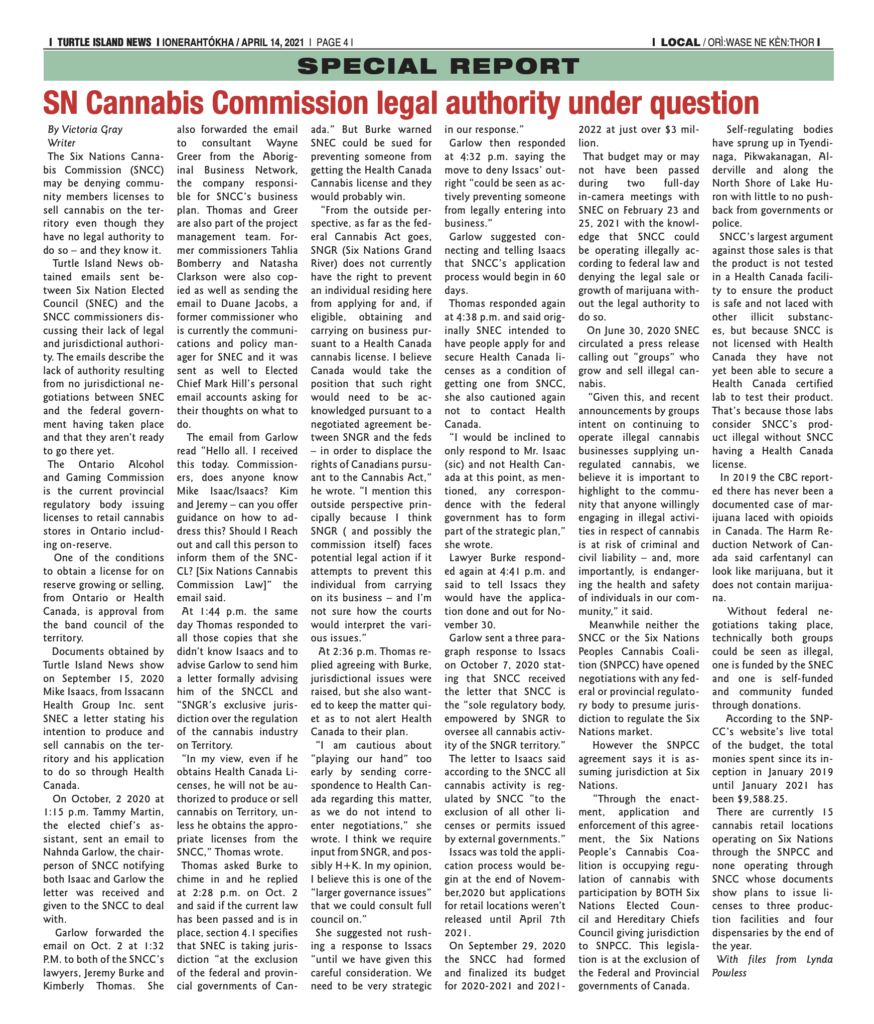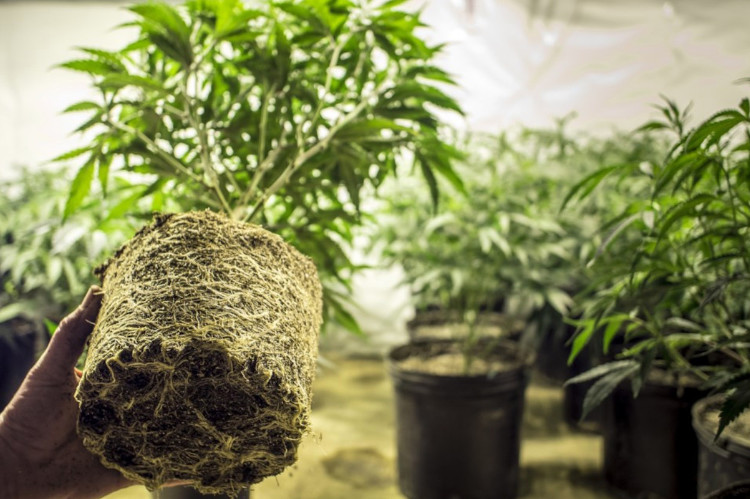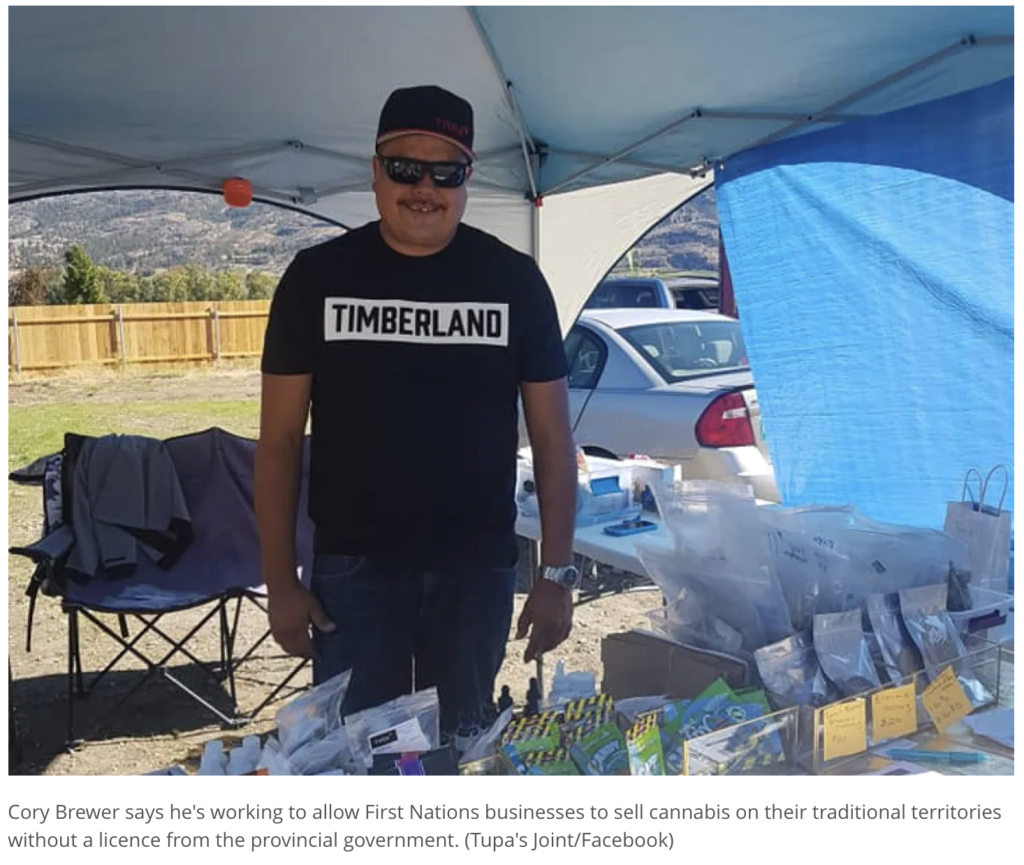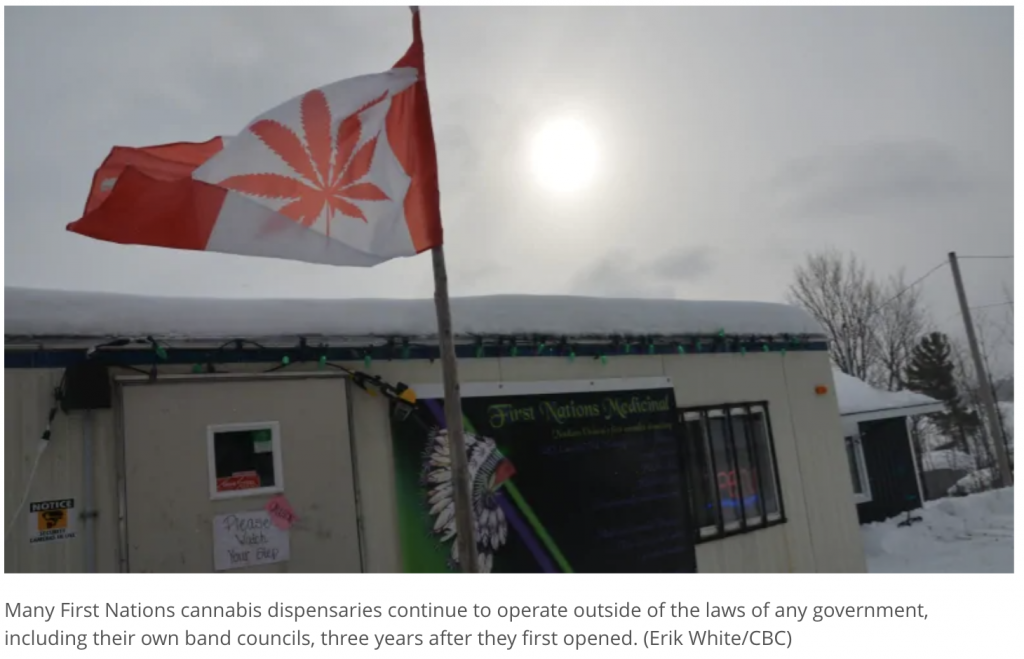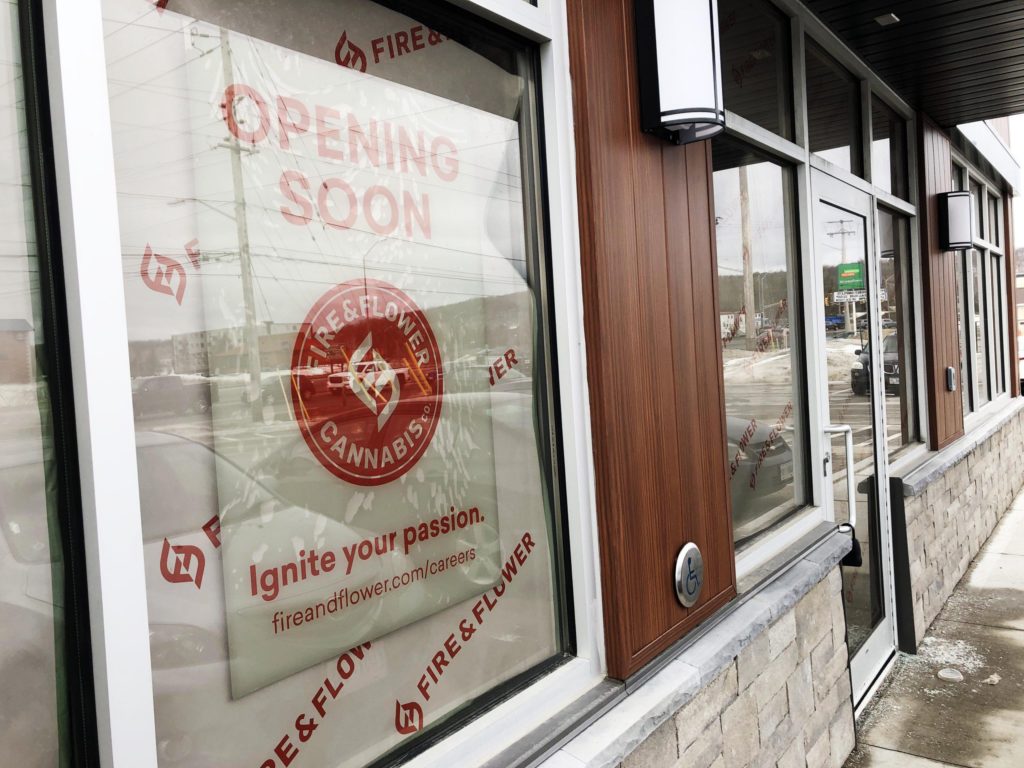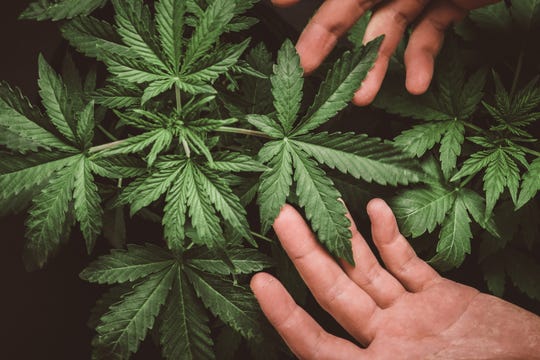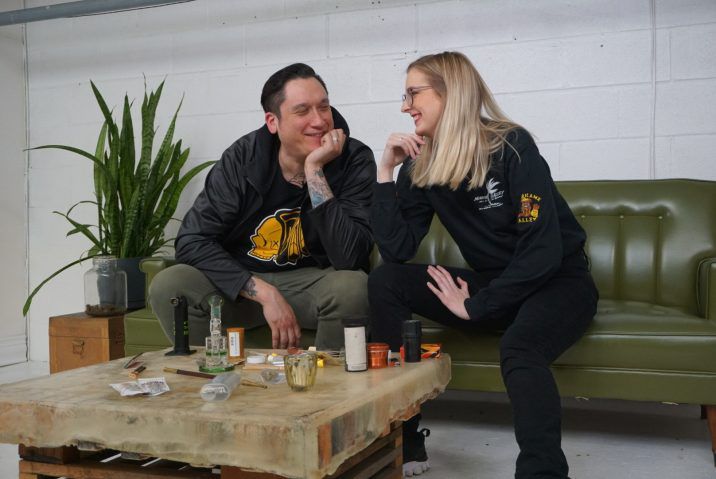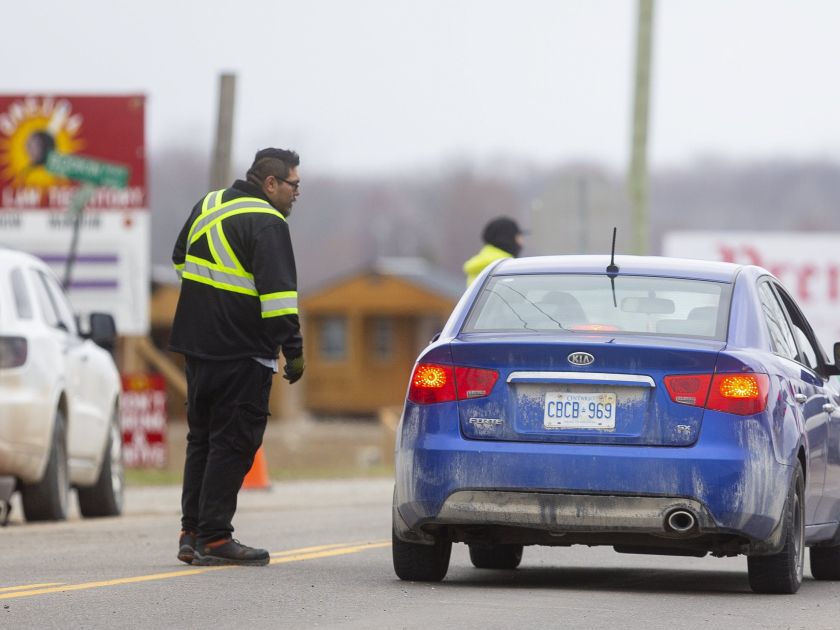The Six Nations Cannabis Commission (SNCC) has projected costs to establish an industry at Six Nations will hit almost $3 million before any structures are built or sales made according to SNCC budget documents obtained by Turtle Island News.
Posts published in “Reprint”
The Six Nations Cannabis Commission (SNCC) may be denying community members licenses to sell cannabis on the territory even though they have no legal authority to do so – and they know it.
Albert Sewell is facing some challenges in establishing his multi-million dollar, 30,000 square-foot commercial cannabis cultivation facility on the western edge of Rankin reserve.
"It's made it quite difficult for First Nations to actually do any business off-reserve, so I took it upon myself — once the United Nations Declaration on the Rights of Indigenous Peoples was tabled in B.C. — to step off-reserve and basically assert our rights within our territory, our practice, our rights within our territory."
There is a growing push to set laws surrounding the sale of cannabis on reserves, especially as dozens of provincially-regulated stores are opening and eating into the market.
Last month, Kana Leaf on Nipissing First Nation became the first cannabis retail store to open in the area. An application to open another store on Nipissing First Nation, called Northern Zen Cannabis, is still moving through the approval process.
Southern chiefs will engage governments regarding the Liquor, Gaming and Cannabis Authority of Manitoba, with the goal of possibly creating an Anishinaabe and Dakota-led liquor, gaming and cannabis authority.
In Burns Lake, an Indigenous-owned company wants to replace vanishing forestry jobs with new jobs in pot production. Nations Cannabis plans to renovate a former mill in Decker Lake to cultivate 25,000 square feet of marijuana.
"Anyone can get access to seeds, dirt and water," says the cannabis and Indigenous rights activist Ian Campeau — formerly of the Juno-winning A Tribe Called Red, "That’s all it takes to get started."
Oneida First Nations' ban on visitors will force smokers, drivers to pay taxes to support recovery. While this may be a disappointment for the black-market customers, perhaps they can understand that their taxable purchases may help save lives.

